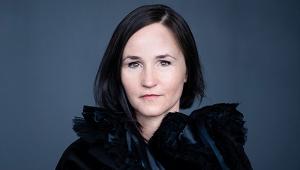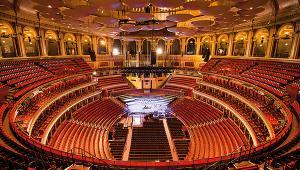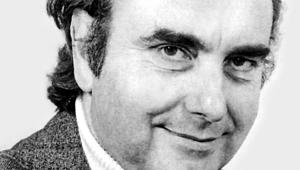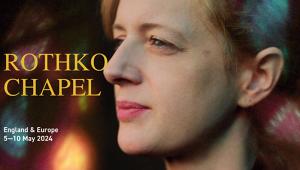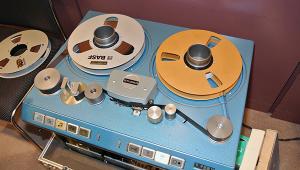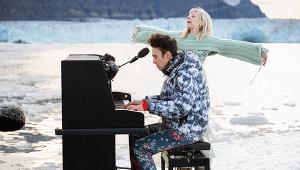Romanian Visions
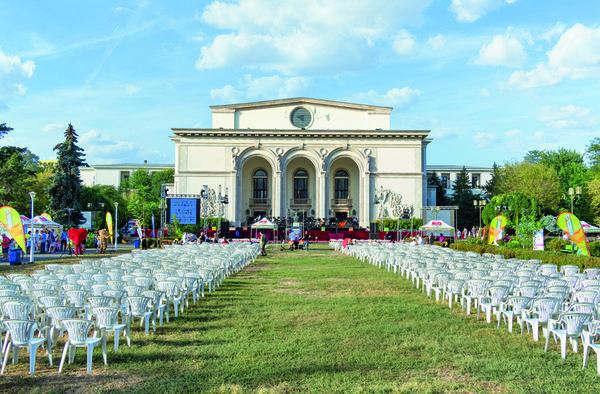
For as long as I have been opening it, the BBC Proms guide has made the same proud boast on the cover: 'the world's greatest classical music festival'. Twenty years ago, perhaps a decade ago, it was a claim with every right to be taken seriously. Two solid months of classical concerts, substantial commissions from British and foreign composers, with celebrated orchestras from abroad queued up like buses outside the Royal Albert Hall.
There is no need to adopt a tone of reproach to observe that this is no longer the case. There are still 73 Proms scheduled for the 2024 season, of which 62 could be described as 'core classical'. The sheer number of composers featured in a single season is greater than ever, while the core of 18th and 19th century names has been pared back. If you assumed that 'decolonising the Proms' was just trendy talk, you were mistaken: this is what it looks like.
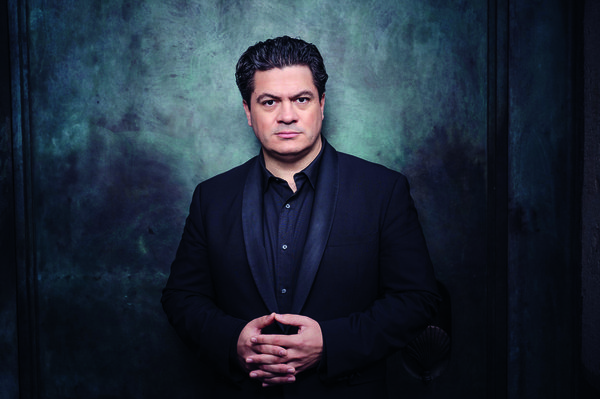
Enescu Festival and Competition director, Cristian Macelar
Better Than The Beeb
By overhauling the programming of both the Proms and the schedules of BBC Radio 3, the station's controller, Sam Jackson, is at least making good on his promises: we can't say that we weren't warned. But what becomes of the now much-derided report, which was commissioned by The Arts Council, on the future of opera in the UK?
In a pithy analysis, the head of Bachtrack, David Karlin, attributes the incoherence of the report, and its depressingly philistine conclusions, to incompetence rather than malice. There is, however, a pervasive feeling that art music in the UK must be stripped of elite (and elitist) status for it to receive publicly funded money and attention.
By contrast, look not at France or Germany, but Romania. Many in the UK may see Romania as impoverished. Yet English National Opera (the UK's second opera company) ended its season back in April with Bartok's Duke Bluebeard (no coupling: too expensive). Meanwhile the opera house in Bucharest closed in June with a ten-day festival of Puccini.
Ten different stagings of eight Puccini operas, given by all eight (yes, eight) of the country's opera companies, plus guest appearances by companies from Hungary and South Korea. It was a privilege to attend the second half of the festival. Not only because I was invited, but because Puccini fever, and more generally operamania, had swept through Bucharest. Posters on street corners, late-night cafes and bars, radio and newspapers - opera was everywhere.
The annual Enescu Festival and Competition each September basks in the same kind of nationwide attention. Last year, the festival staged more classical concerts than the Proms. This year, the competition welcomes young musicians from across the world for a month-long event. Separate divisions for violin, piano, cello and composition overlap with each other. A new piece is commissioned from a Romanian composer for each performing division. National radio covers the preliminary rounds, while Romanian TV broadcasts the finals.
The competition's director is the conductor Cristian Macelaru. Born in the country's second city, Timisoara, he is now based in the US, as the new chief of the Cincinnati SO, but he sees it as his responsibility to continue Enescu's legacy. Just as Enescu looked outwards, across Europe, in his own music, and as a teacher and musician, Macelaru has given a cosmopolitan, international profile to the Enescu Competition and Festival.
Raison D'Etre
Most refreshing of all, in my purely anecdotal experience, no one is embarrassed to talk about music in Romania, however much or little they know about it. The state isn't embarrassed to fund it, and Macelaru and his colleagues at the festival don't have to come up with outreach projects or justifications for pouring money and energy into classical music. The music is its own reason for existence. Such confidence is possible, when leaders believe in the value of music, and value and cherish it for themselves.





